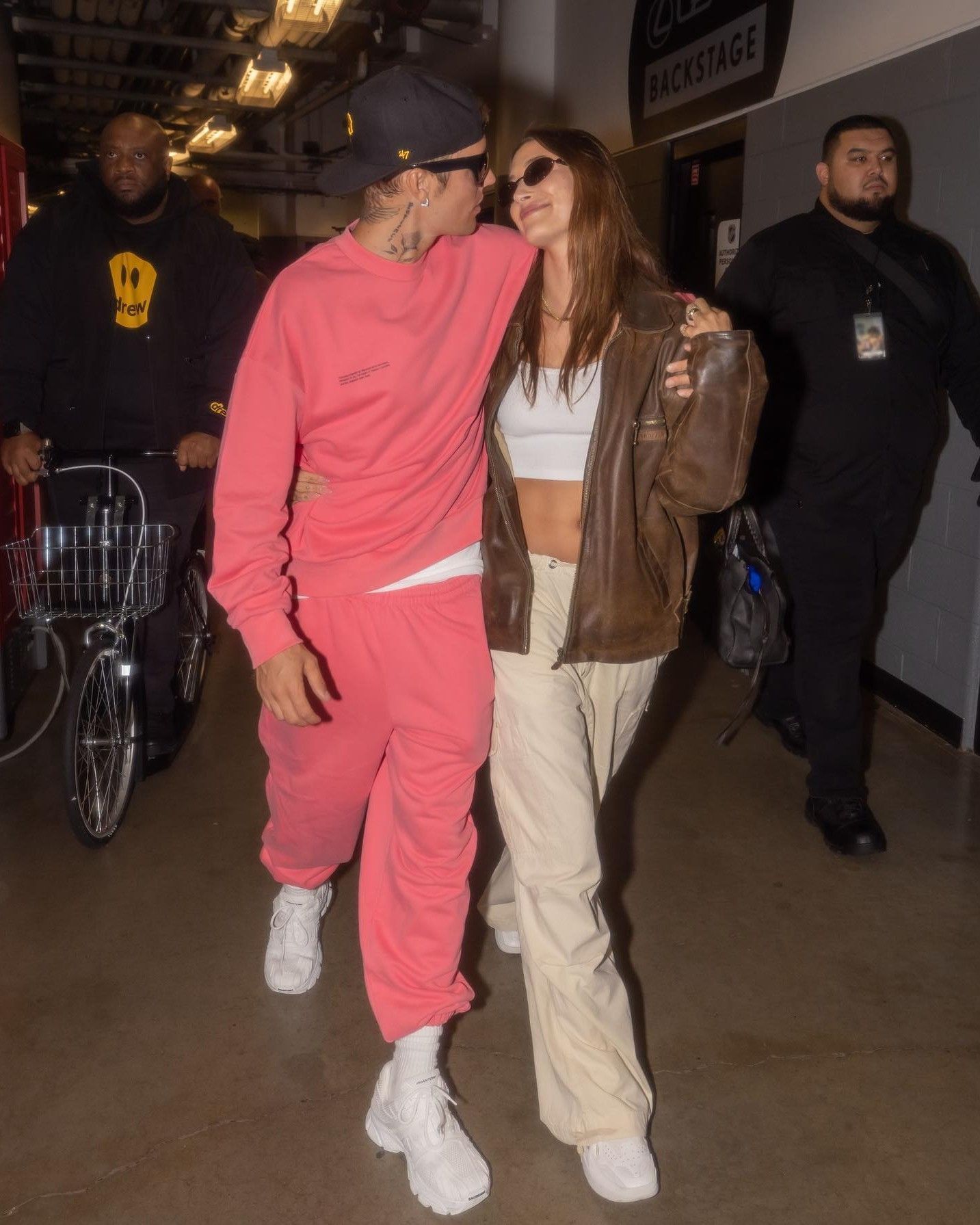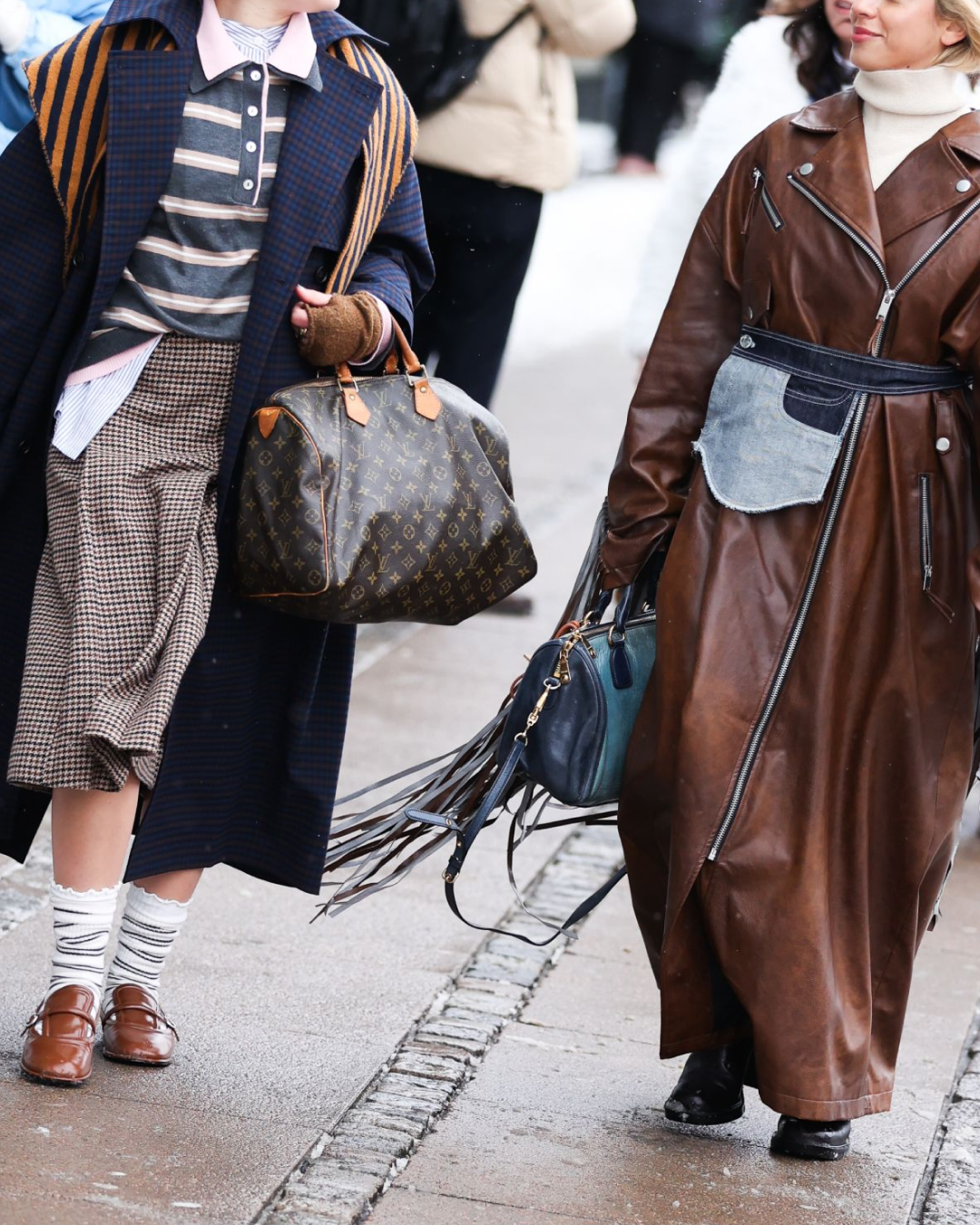
The Future of Fashion According to Millennials and Gen Z As reported in the survey carried out by Polimoda students
Over the last few years, the fashion industry had to adapt and open up towards a new generation of consumers: Millennials and Generation Z. This new audience has not only lowered the average age of the luxury fashion customer, but has opened the doors to a new concept of luxury (the New Luxury) while influencing first-hand the work of brands and creative directors. The pandemic has represented a pivotal moment for the industry, as nss magazine has reported in the COVID-19 - Next Creative Voices project. Actually the crisis that followed the months of lockdown did nothing but accelerate and sharpen some changes that were already on the way. After the pandemic, the world of fashion is divided: on one hand, there are those who want to revolutionize it, a group of creatives led by Giorgio Armani in which the designer expressed his doubts about the fashion show system (many brands, including Gucci and Saint Laurent, have already announced their farewell from the traditional fashion week calendar); on the other, who, like Chanel, does not want to give up on tradition.
For this reason Polimoda has published The Truth About Fashion, a survey on the future of fashion according to Millennial and Generation Z students. The research, which involved students of 54 different nationalities and reported the opinions of a sample of 300 students, has highlighted some key points that confirm some trends already hypothesized by nss magazine a few months ago: the need for young people to find their identity in the world of fashion, the need for a more inclusive system, the urgency of a sustainable production and more generally the desire for authenticity.
Inclusivity
George Floyd's murder and the following Black Lives Matter protests highlighted an important problem: the lack of inclusivity in the fashion industry. Despite the fact that most brands' Instagram accounts posted black pictures in support of the BLM cause, the new generations have contested many of these positions because they consider them only circumstantial; on the contrary, they denounce the lack of inclusive behaviour and opportunities, a system that remains dominant in many companies. It is true that many brands promote a great variety of different ethnicities and sizes in their campaigns, but inclusiveness means much more than that. According to what emerged from the research, fashion brands would need to concretely eliminate discrimination based on sexual orientation, ethnicity and religion in the workplace (it is not surprising the decision of adidas' Human Resources director to quit after the accusations of racism).
Authenticity and Sustainability
The new generations seek changes and concrete actions. Driven by the battles for the environmental emergency symbolized by Greta Thunberg, one of their most important topics is sustainability: the new generations ask for the elimination of wasteful production, a real reorganization of production and, above all, that brands focus on significant and durable products, made with full respect for the environment. In this case, authenticity is a fundamental value: the new generations ask for less uncertainty and confusion when it comes to sustainability and buffer practices such as greenwashing today are considered unacceptable.
Identity
Just as it happened to the generation of their parents, for the young people of Gen Z and the Millennials, fashion is freedom, creativity, personal expression. The sense of belonging is one of the most important values: after being stuck for a long time in the patterns of an industry they don't feel part of, young people need to rediscover their identity in fashion. This also means to take part in the communication processes of fashion brands. Once again, the recent controversies that have involved brands after the death of George Floyd have confirmed that young people do not trust the big brands, but that they have the power to challenge them: think of the recent backlash and cancel culture phenomena. It is no coincidence that Jacquemus (a Millennial) emerged as the brand that best managed communication during the pandemic.
Instagram remains the main platform through which Gen Z and Millennials relate to the fashion industry, both in terms of influence and in terms of trust (and has recently announced that it wants to become the main platform for the industry). Along with it, young people rely heavily on YouTube, LinkedIn, Reddit, Pinterest and Telegram. The two big absentees are TikTok, despite the global success, but above all television, which seems to have lost all its power of influence on the new generations.
As for brands, Gucci is the closest one to the values of the new generations. On the subject of sustainability, however, the brands with the highest scores are Stella McCartney and Patagonia. Finally, the results also revealed an interesting landscape of new brands loved for their authenticity, education and sustainability, such as Gabriela Hearst, Pangaia, Bethany Williams and Nudie Jeans. Among the old school brands still relevant, in addition to Gucci, Rick Owens emerged for the sense of community, Margiela for freedom and Prada for culture.




























































